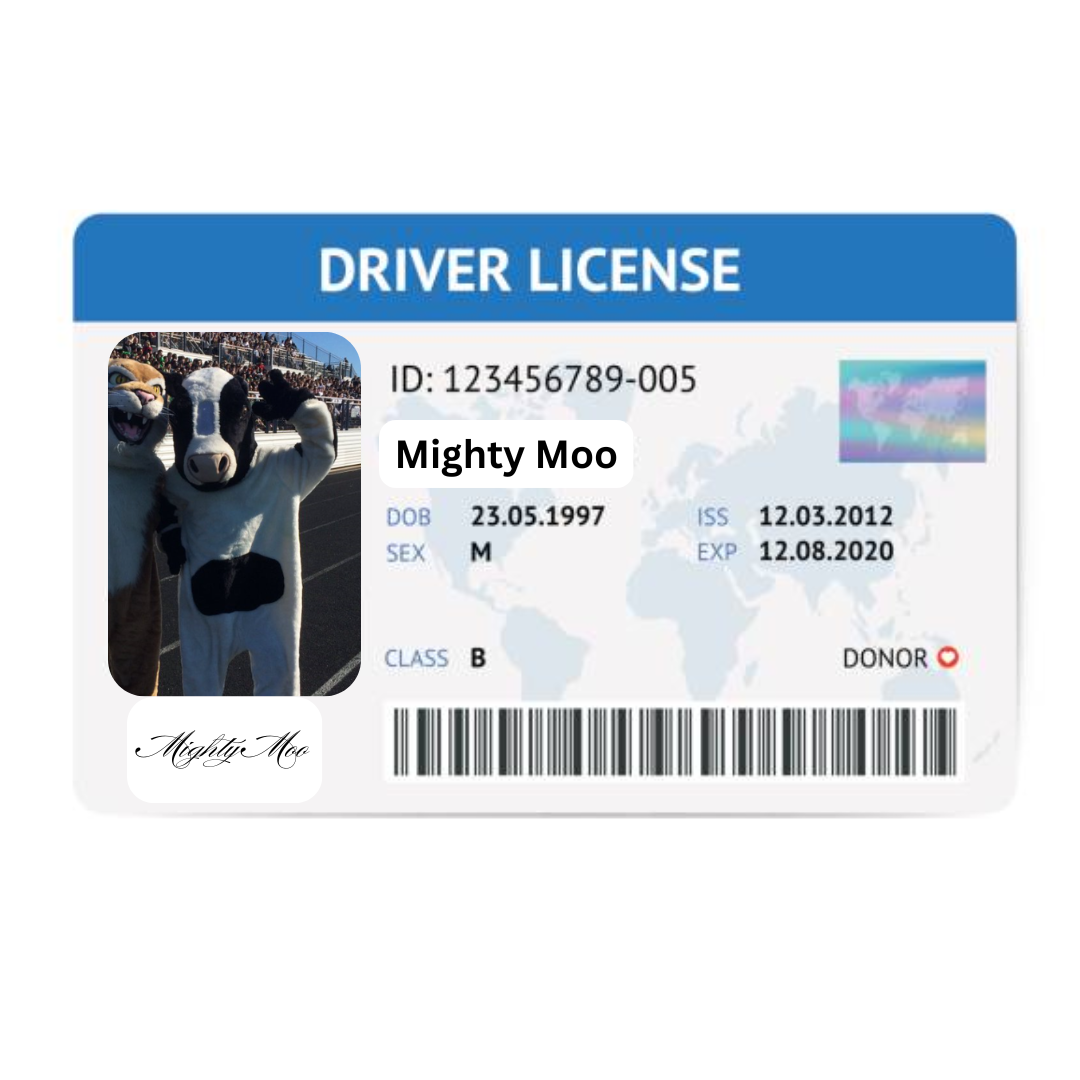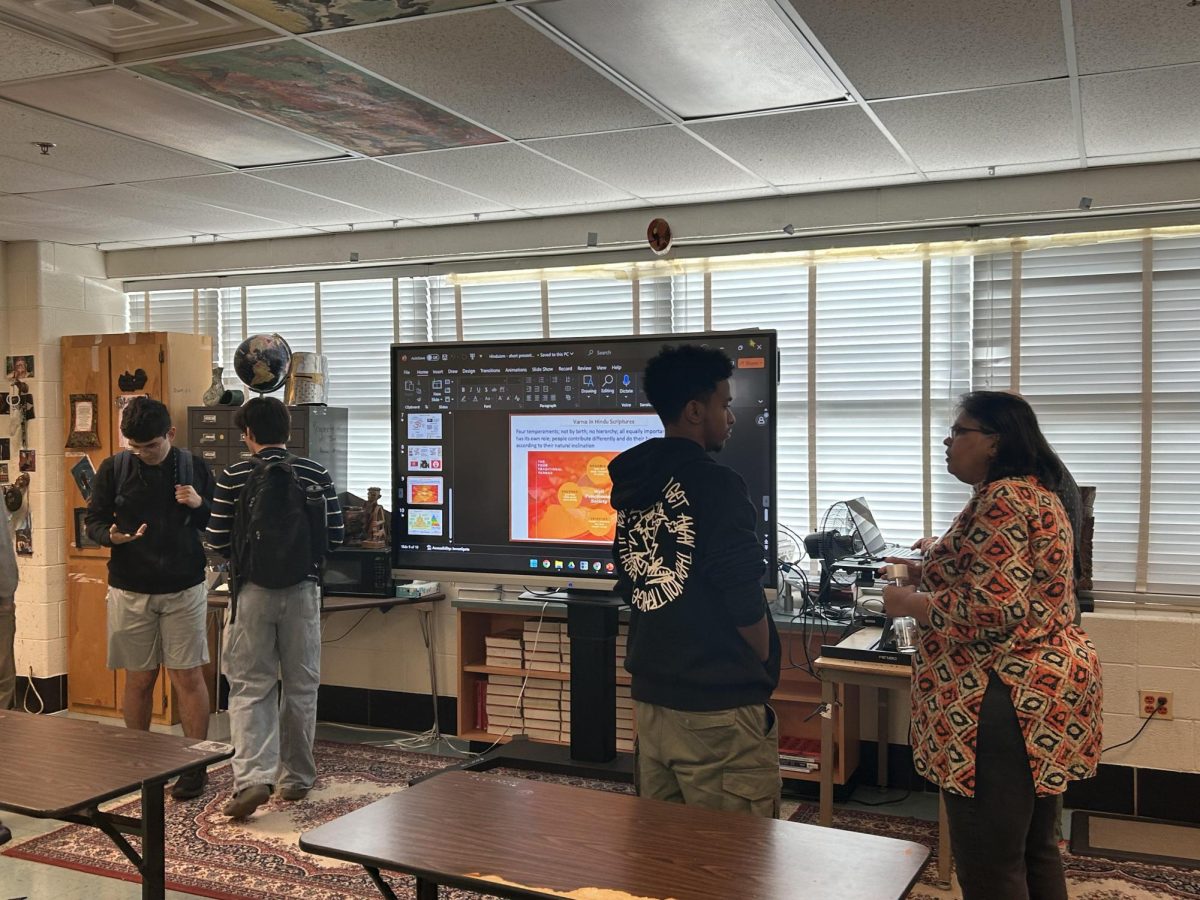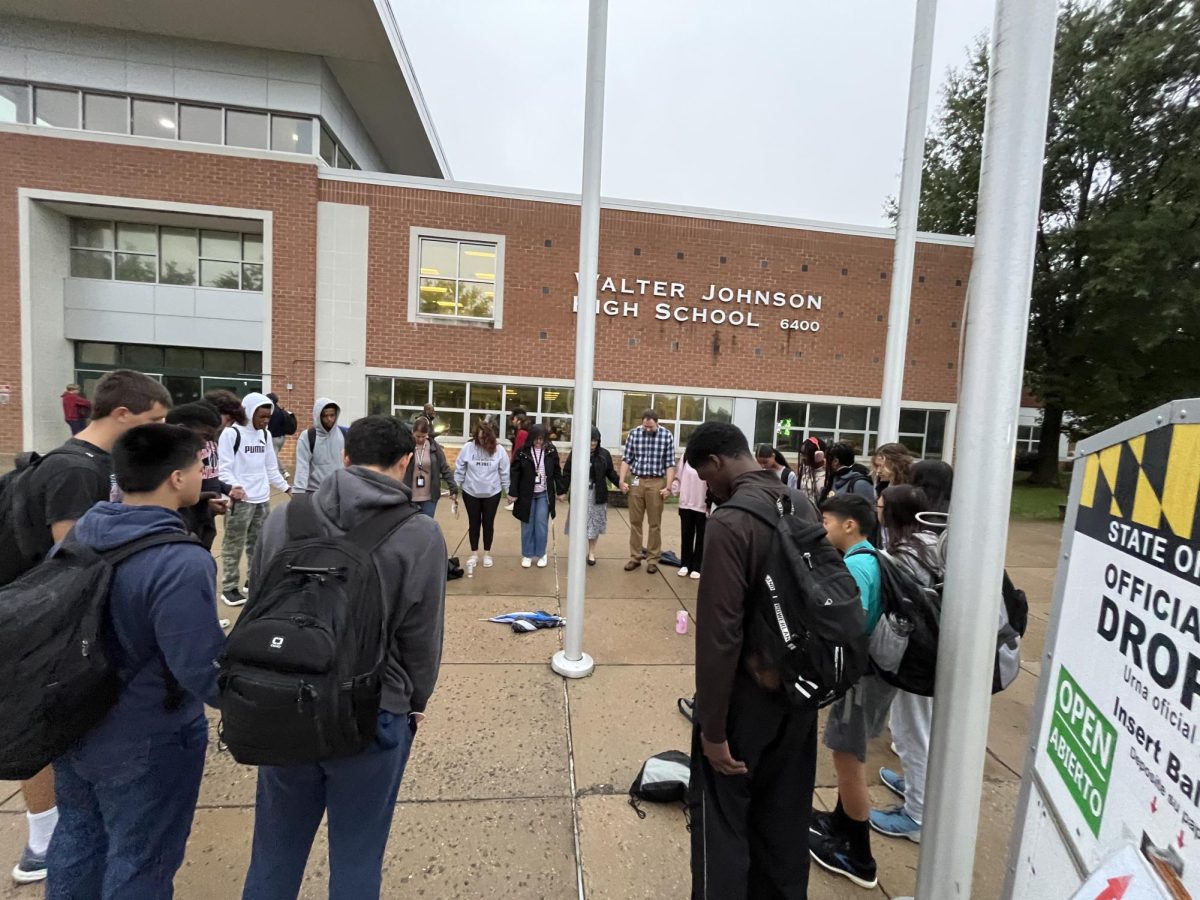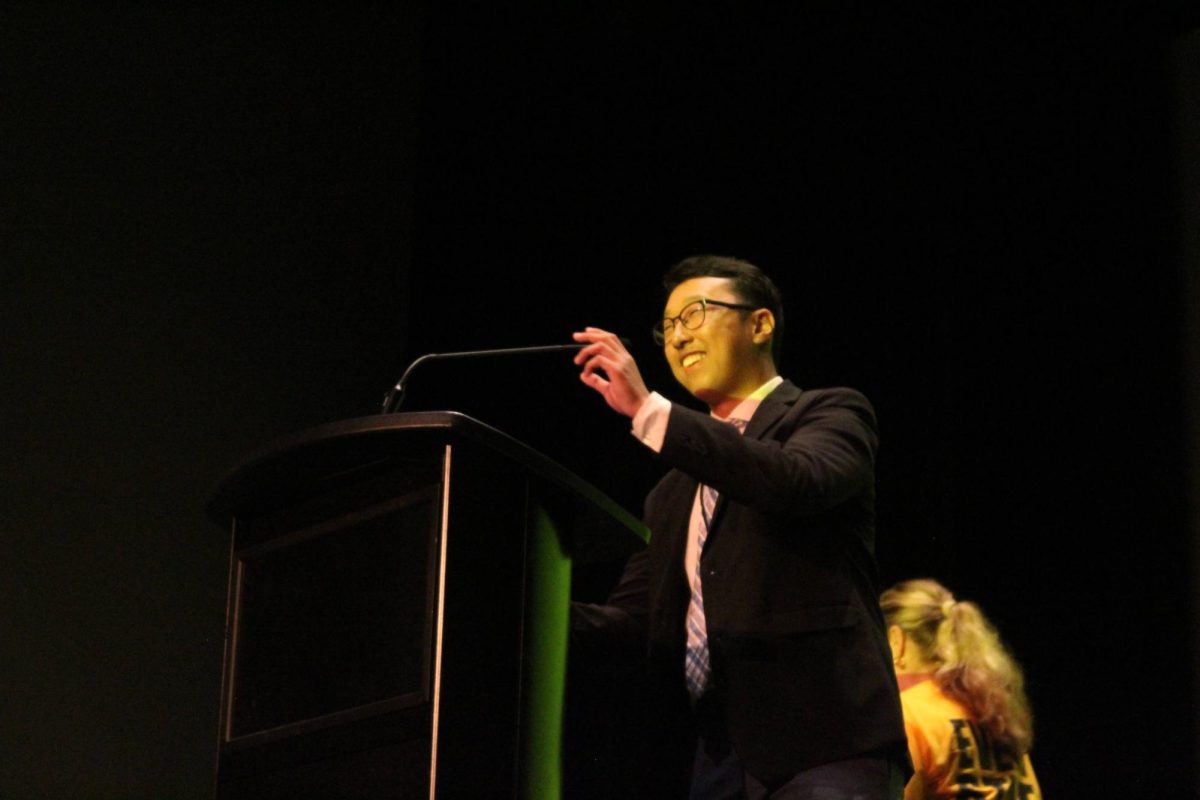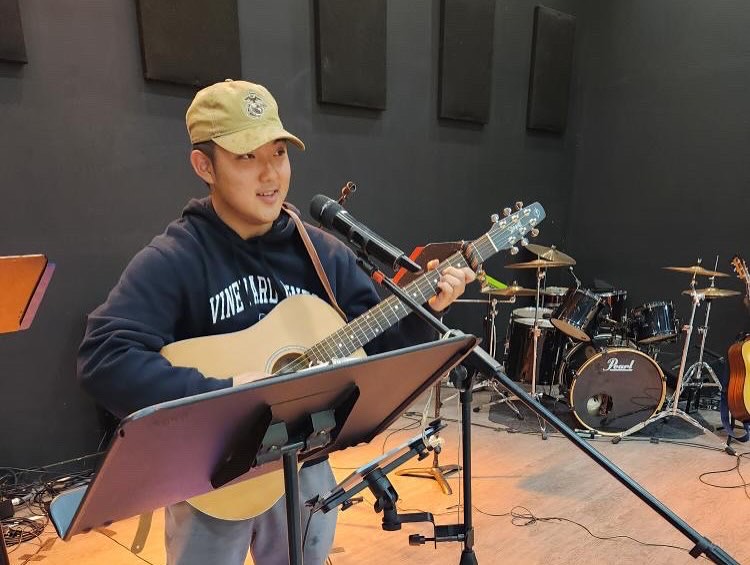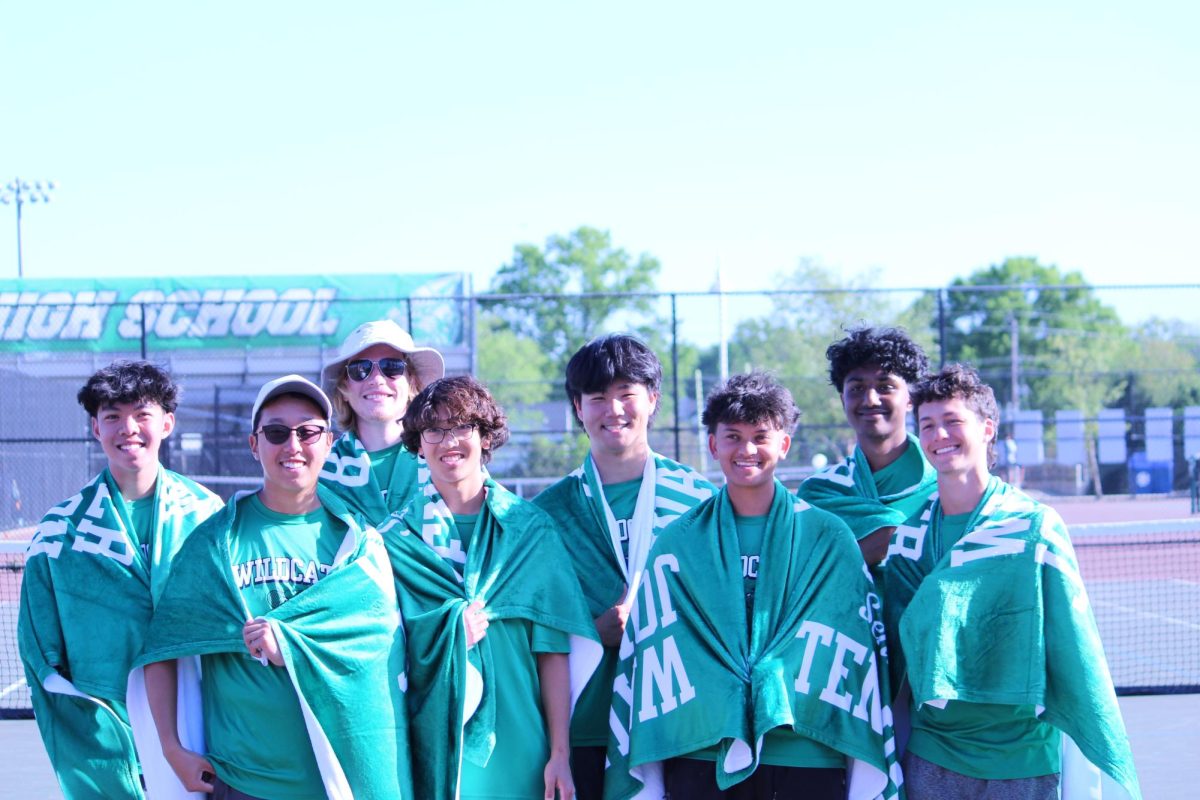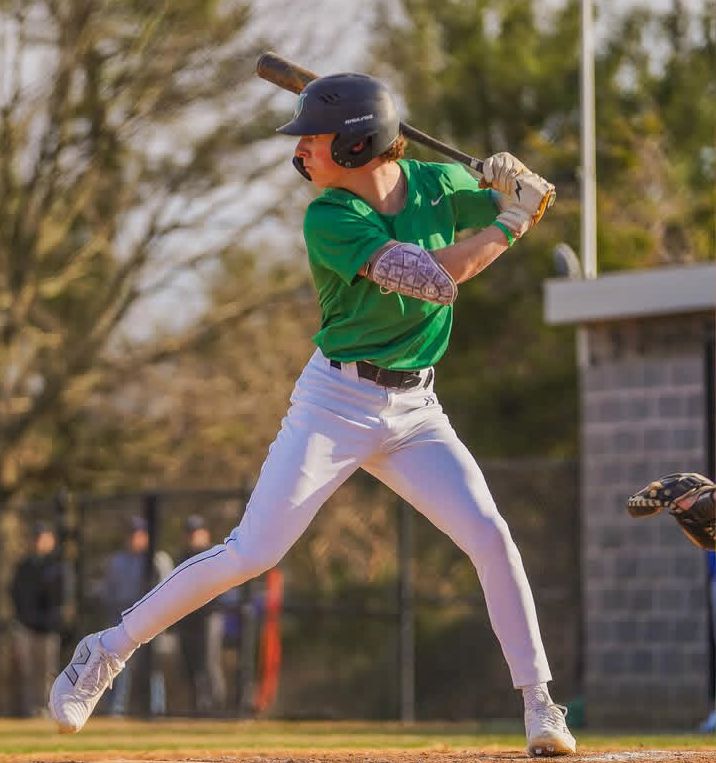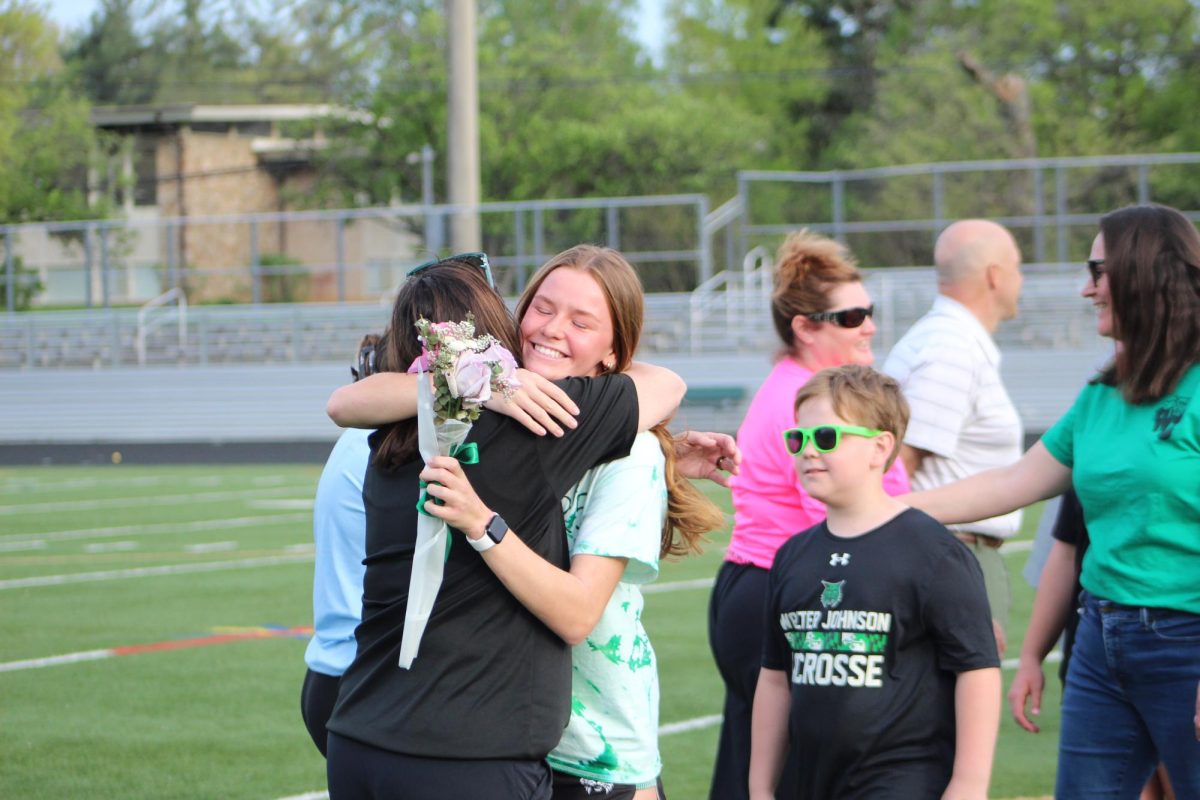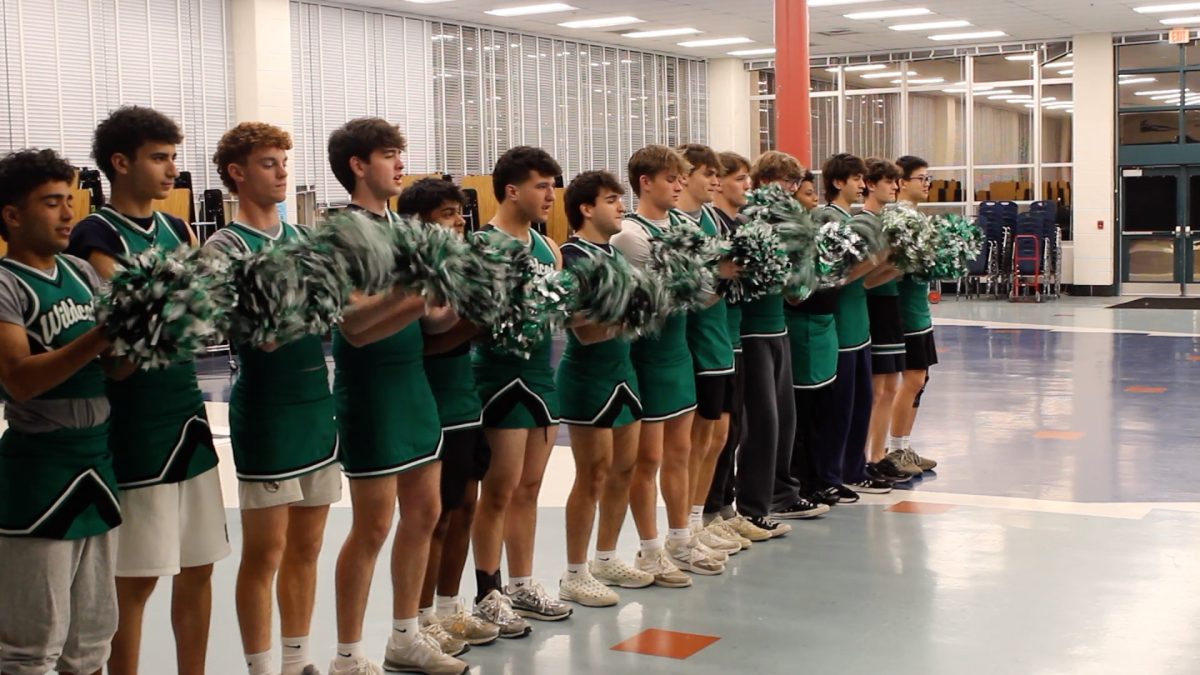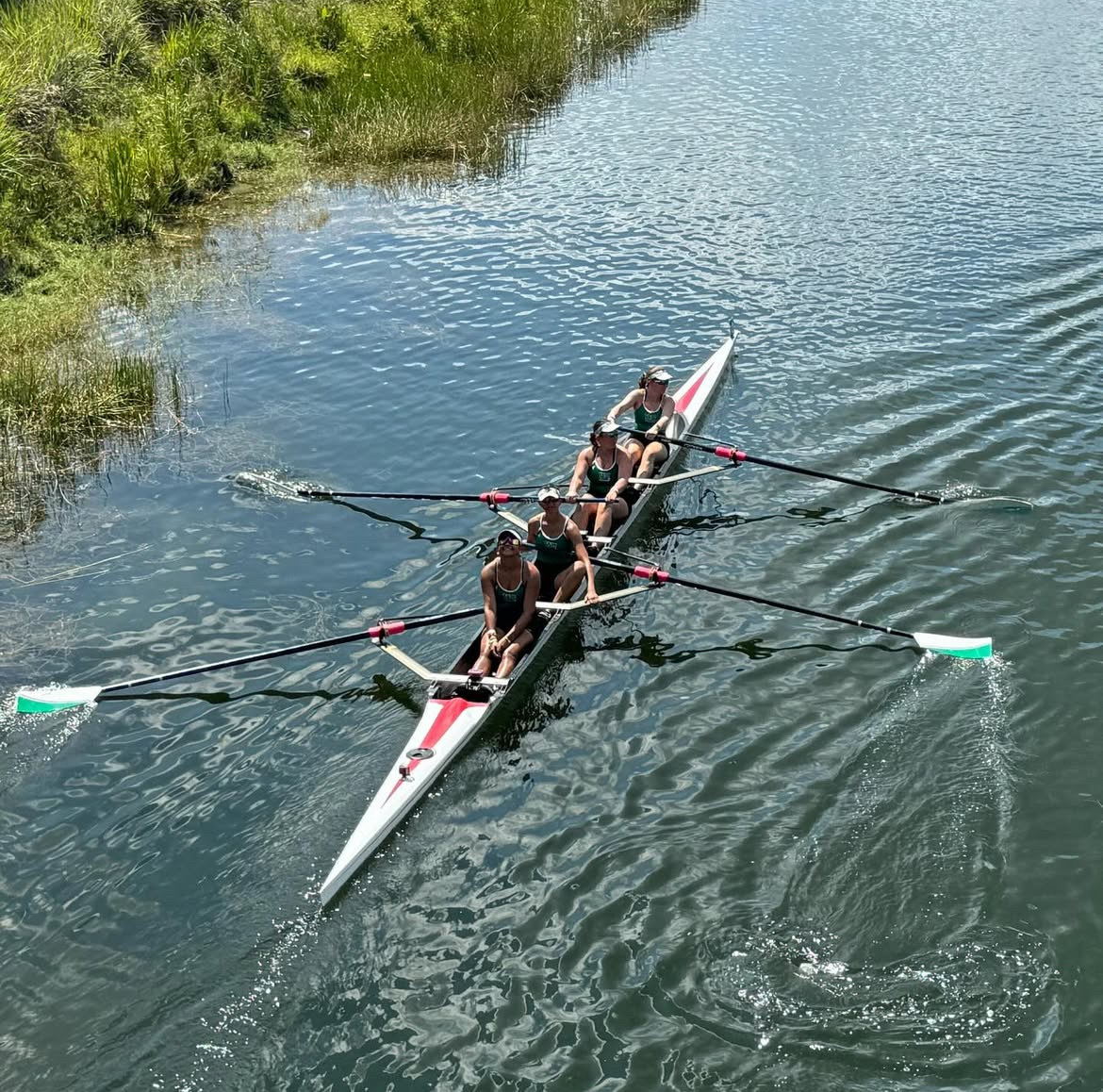As the college admissions process slowly comes to an end, many Black students who have applied to various historically Black colleges are now having to choose which one to commit to. It’s been a rough but exciting year for most seniors as they’ve had to navigate the ins and outs of financial aid packages, scholarship applications and various deadlines.
Historically Black colleges, better known as HBCUs, are colleges or universities that were initially founded before the Civil Rights Act of 1964 on the belief and basis that every individual, regardless of race, deserves access to pursue higher education and go to college. They exist because, historically, Black students were not allowed to take classes at predominantly white institutions.
For many Black students, they offer a sense of community and camaraderie because there is a shared struggle that exists within that space. It can be incredibly healing to learn alongside people with whom you can understand on a deeper level.
“I felt like Morgan State was the perfect fit for me socially. HBCUs like Morgan also account for a large part of black educated men and women,” senior Alphonse Mansare said.
HBCUs like Howard University, Morgan State University, Spelman College, A&T State University and Morehouse College educate a predominantly Black student population. In addition to granting thousands of degrees yearly, HBCUs boast alumni like Martin Luther King, Jr., Oprah Winfrey and Vice President Kamala Harris.
HBCUs offer Black students a supportive and inclusive environment where their education is the most critical and accessible. They give Black students the courage to become leaders and challenge the various racial and socio-economic barriers set against them.
Crittenden will be attending Spelman College in the fall.
HBCUs are not only important but incredibly necessary for all Black students who aspire to attain a higher education and want to build their leadership skills. Some spaces were not curated for Black students and sometimes would rather erase their contributions and narratives, and HBCUs provide them with a guarded space that allows them to explore and flourish without any barriers set against them.
“Young adulthood is the time that you are forging your identity and stepping into the person that you are and it’s helpful for anyone to receive messages that who you are enough, who you are is excellent, is beautiful, is valued, is smart, is capable. I never felt like an outsider at Spelman College, which hasn’t always been the case at work or while I was in school,” counselor Imani Ladson said.



